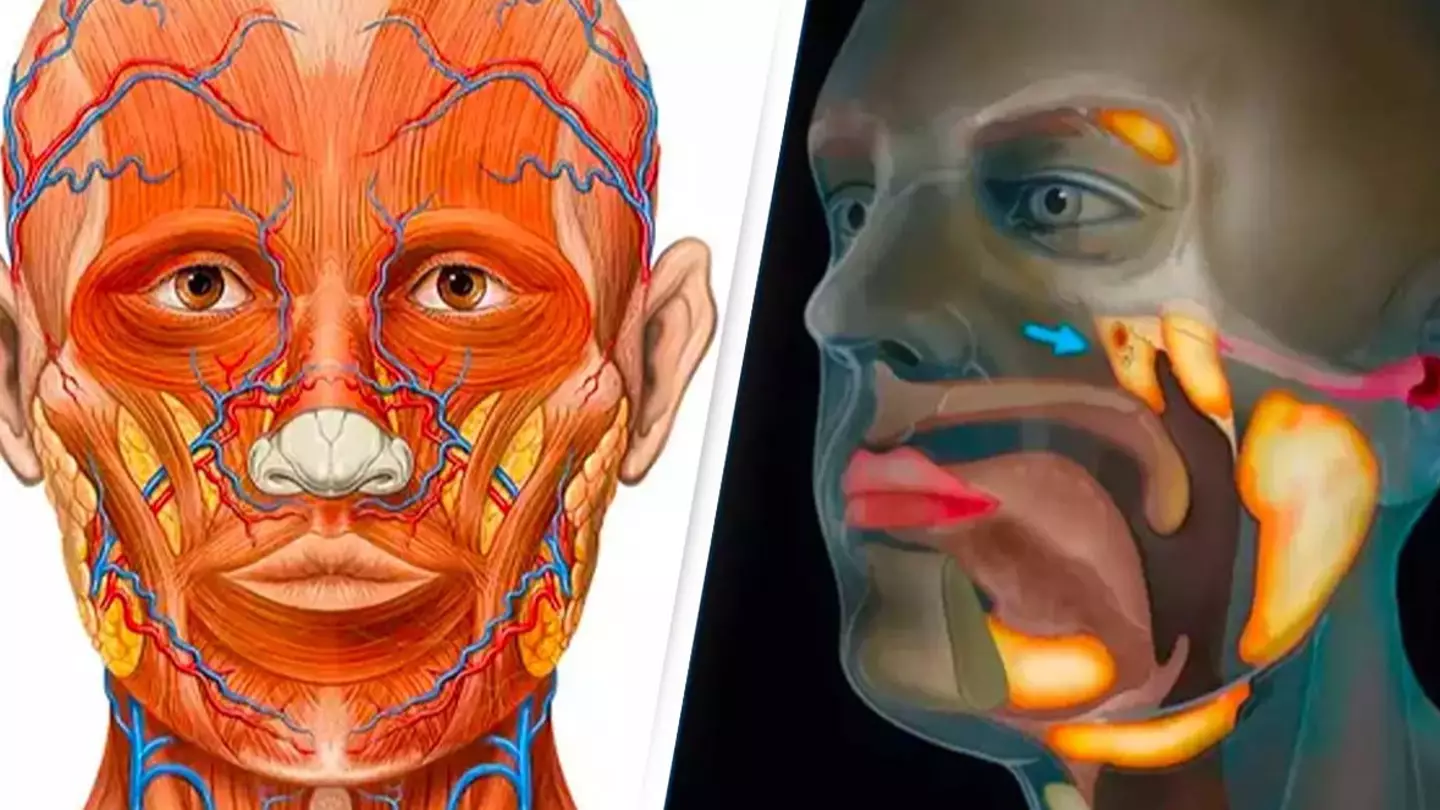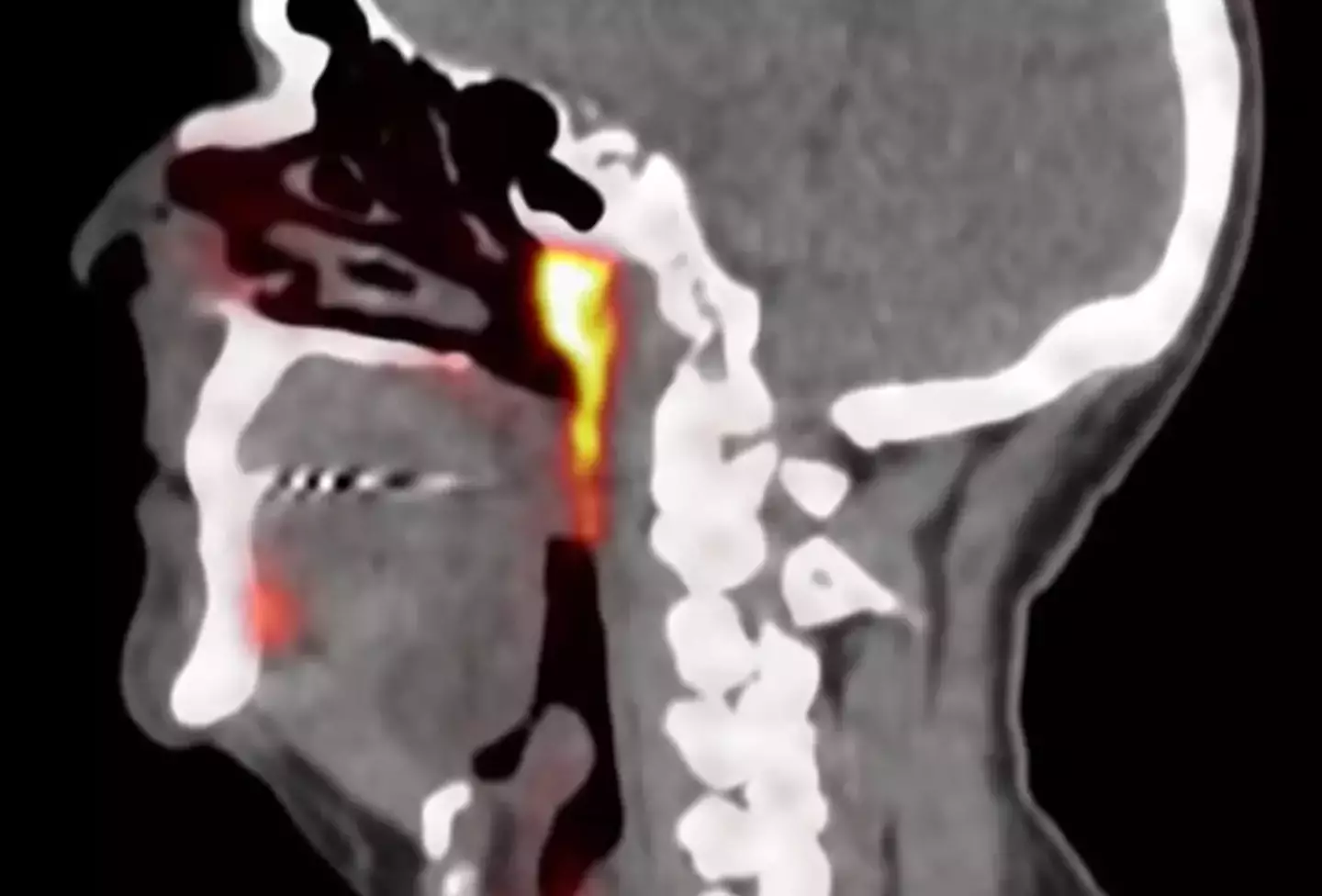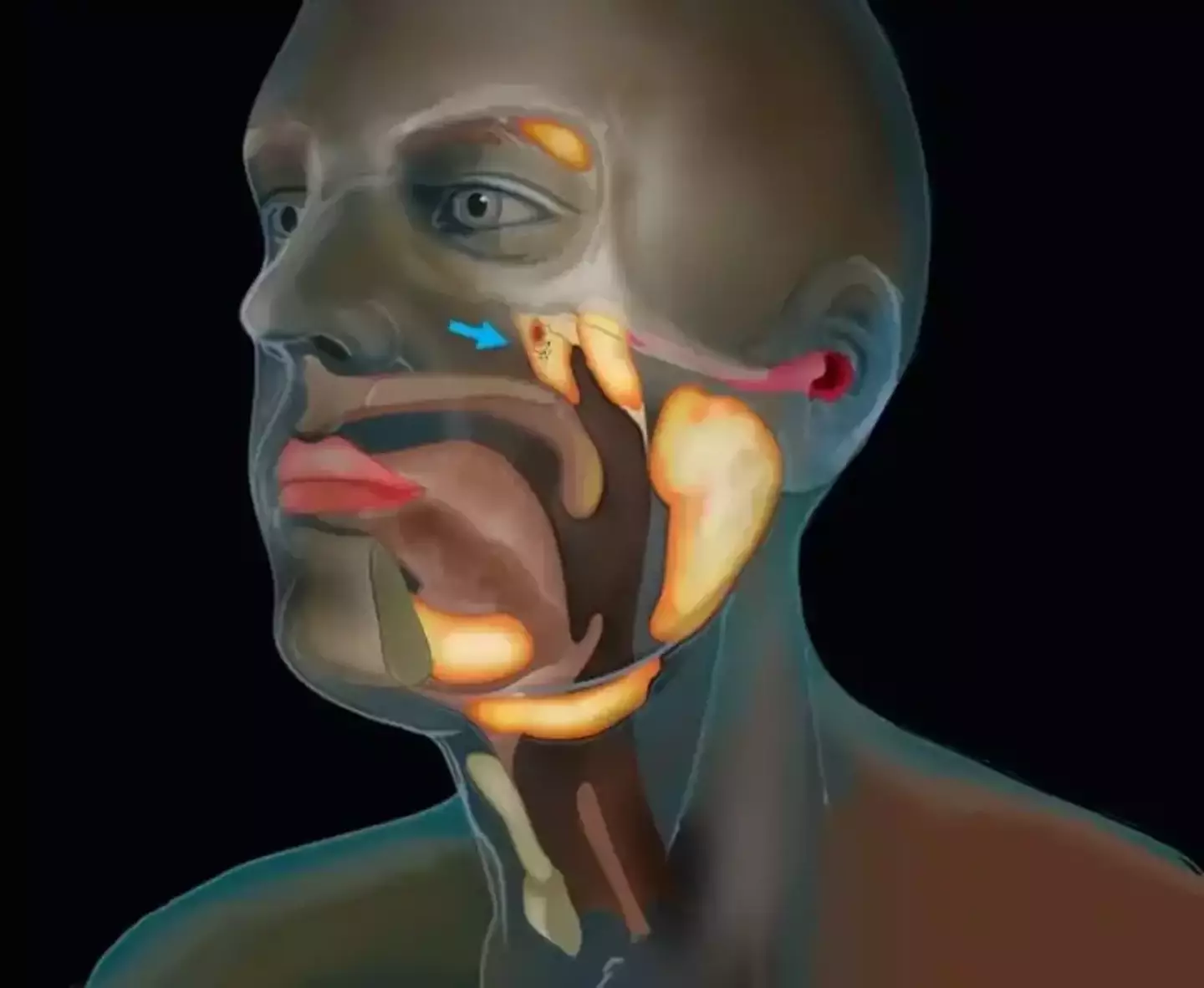
Given how long humans have been around, and how long we've been studied by one another, you'd think we'd have learned just about everything there is to know about our bodies.
Apparently we can still manage to surprise scientists, though, as was the case in 2020 when researchers stumbled upon an entire organ they'd never spotted before.
The unexpected discovery was made by a team in the Netherlands, who weren't actually attempting to find a new organ, but still managed to find one all the same.
Advert
The team were actually studying prostate cancer when they stumbled upon the mysterious sight, which is located just beneath the face.
That's right; we've all been staring at its location this whole time, but just never knew it was there.
At this point, you may be wondering how a team studying prostate cancer ended up discovering an organ in the human head, considering those are two different ends of the body.
Well, it all went down after the scientists at the Netherlands Cancer Institute conducted a series of CT and PET scans on patients who had been injected with radioactive glucose that makes tumours glow on the scans.
As they studied the scans, the team noticed two areas within the heads were lighting up, suggesting a set of salivary glands were tucked away in there.

When they managed to track down the organ, the team gave it the catchy name of the 'tubarial salivary gland'.
The glands can be found behind the nose; in the nook where the nasal cavity meets the throat, and is designed to 'lubricate and moisten the area of the throat behind the nose and mouth'.
Experts were understandably baffled at how the glands had managed to go unnoticed for so long, though Dr Wouter Vogel, radiation oncologist at the Netherlands Cancer Institute, had an idea as to how they might have gone unnoticed.
He explained it takes 'very sensitive imaging' to spot the glands, and they're 'not very accessible'.
"People have three sets of large salivary glands, but not there," he said.
"As far as we knew, the only salivary or mucous glands in the nasopharynx are microscopically small, and up to 1,000 are evenly spread out throughout the mucosa. So, imagine our surprise when we found these."

Though the discovery wasn't intentional, scientists hope their findings will help cancer patients experience less complications after receiving radiotherapy, as they believe many complications surrounding the treatment are connected to the tubarial salivary glands.
The 'next step' is figuring out how not to damage them the organs during radiotherapy treatment, as a 'single misdirected zap' could permanently damage the organ, accoridng to Vogel.
If the experts can crack that one, it could result in a significant boost in the quality of life of people who require radiotherapy.